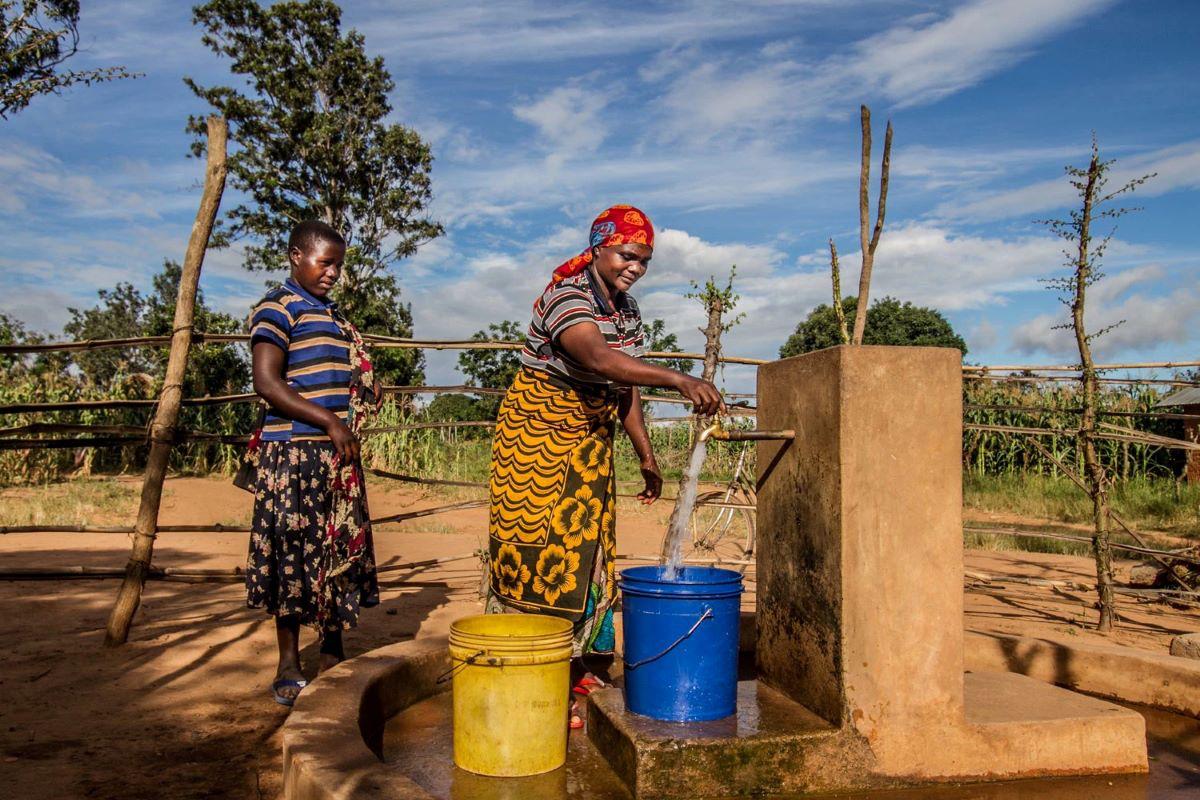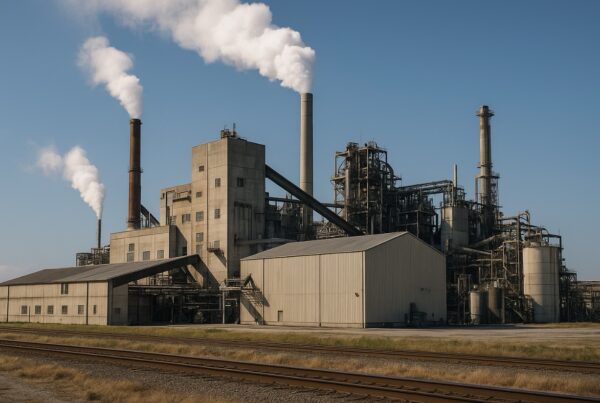Tanzania recorded an impressive economic growth in the first quarter of 2025, with a GDP increase of 5.4%. This figure was achieved despite global challenges affecting many developing countries. Key sectors such as agriculture, manufacturing, and construction played a major role in this achievement. According to the latest report from the International Monetary Fund (IMF), this growth reflects Tanzania’s economic resilience, although there are external risks that must be monitored.
Role of Key Sectors in Economic Growth
Tanzania’s economy is driven by a growing agricultural sector, complemented by expansion in manufacturing and construction. This success relies heavily on the sustainability of domestic policies that encourage investment and the development of the private sector. Infrastructure, continually being developed with foreign investment, has accelerated the industrialization process in the country. This has positively impacted sectors directly connected to trade and exports, such as mining and agricultural products.
Controlled Inflation and Tanzania’s Central Bank Policies
The IMF also noted that Tanzania’s inflation remained well-controlled at 3.4% in August 2025, which is within the target range set by the Bank of Tanzania (BoT). This control over inflation allowed the BoT to lower the benchmark interest rate to 5.75%, a move considered important for stimulating further growth while maintaining price stability. This cautious monetary policy has been praised by many economic observers, as it provides room for further growth while preventing inflationary risks.
External Risks and Challenges
Although Tanzania’s economic performance is commendable, the IMF also highlighted several external challenges that need to be addressed. These include the global economic slowdown, reduced foreign aid, and geopolitical tensions that could impact international trade. Additionally, the upcoming national elections could affect fiscal policies and political decisions in the country. Thus, proactive steps are necessary to ensure the economy remains stable and capable of handling external shocks.
Moreover, Tanzania’s reliance on adequate rainfall to support its agricultural sector adds vulnerability to climate change. Therefore, reforms in this sector are necessary to build long-term resilience.
Reforms Needed to Strengthen Economic Resilience
Fiscal and structural reforms are seen as critical to strengthening Tanzania’s economy further. The IMF emphasizes the importance of better resource allocation in the national budget, focusing on sectors like education, healthcare, and infrastructure to support inclusive growth. Emphasizing the private sector and creating jobs will also be crucial to improving the country’s competitiveness in the global market.
Additionally, initiatives related to environmental sustainability and resilience to climate change have become top priorities. In this regard, the IMF, together with other international development partners, supports Tanzania’s efforts to address the challenges posed by climate change. Funding from the Resilience and Sustainability Facility (RSF) is part of this effort, providing Tanzania with the opportunity to mitigate environmental risks while maintaining economic growth momentum.
Tanzania holds significant potential for continued growth in the coming years. However, strategic steps that are well-planned and focused on economic sustainability will determine how well the country can weather increasingly complex global challenges.
Ultimately, Tanzania’s greatest challenge is to maintain consistency in implementing policies that promote economic growth without neglecting social welfare. For this reason, the government’s commitment to implementing the planned structural reforms is critical.
To learn more about IMF policies and recommendations related to Tanzania’s economy, as well as other developments, visit related articles on Olam News.






